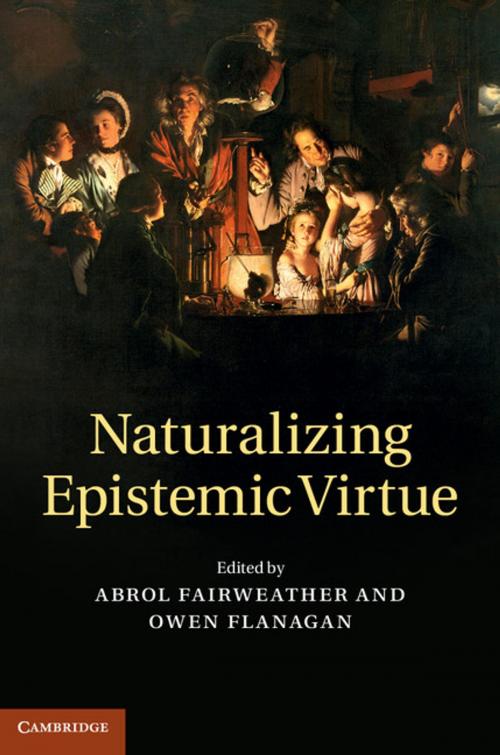Naturalizing Epistemic Virtue
Nonfiction, Religion & Spirituality, Philosophy, Epistemology, Ethics & Moral Philosophy| Author: | ISBN: | 9781139861946 | |
| Publisher: | Cambridge University Press | Publication: | March 27, 2014 |
| Imprint: | Cambridge University Press | Language: | English |
| Author: | |
| ISBN: | 9781139861946 |
| Publisher: | Cambridge University Press |
| Publication: | March 27, 2014 |
| Imprint: | Cambridge University Press |
| Language: | English |
An epistemic virtue is a personal quality conducive to the discovery of truth, the avoidance of error, or some other intellectually valuable goal. Current work in epistemology is increasingly value-driven, but this volume presents the first collection of essays to explore whether virtue epistemology can also be naturalistic, in the philosophical definition meaning 'methodologically continuous with science'. The essays examine the empirical research in psychology on cognitive abilities and personal dispositions, meta-epistemic semantic accounts of virtue theoretic norms, the role of emotion in knowledge, 'ought-implies can' constraints, empirically and metaphysically grounded accounts of 'proper functioning', and even applied virtue epistemology in relation to education. Naturalizing Epistemic Virtue addresses many core issues in contemporary epistemology, presents new opportunities for work on epistemic abilities, epistemic virtues and cognitive character, and will be of great interest to those studying virtue ethics and epistemology.
An epistemic virtue is a personal quality conducive to the discovery of truth, the avoidance of error, or some other intellectually valuable goal. Current work in epistemology is increasingly value-driven, but this volume presents the first collection of essays to explore whether virtue epistemology can also be naturalistic, in the philosophical definition meaning 'methodologically continuous with science'. The essays examine the empirical research in psychology on cognitive abilities and personal dispositions, meta-epistemic semantic accounts of virtue theoretic norms, the role of emotion in knowledge, 'ought-implies can' constraints, empirically and metaphysically grounded accounts of 'proper functioning', and even applied virtue epistemology in relation to education. Naturalizing Epistemic Virtue addresses many core issues in contemporary epistemology, presents new opportunities for work on epistemic abilities, epistemic virtues and cognitive character, and will be of great interest to those studying virtue ethics and epistemology.















